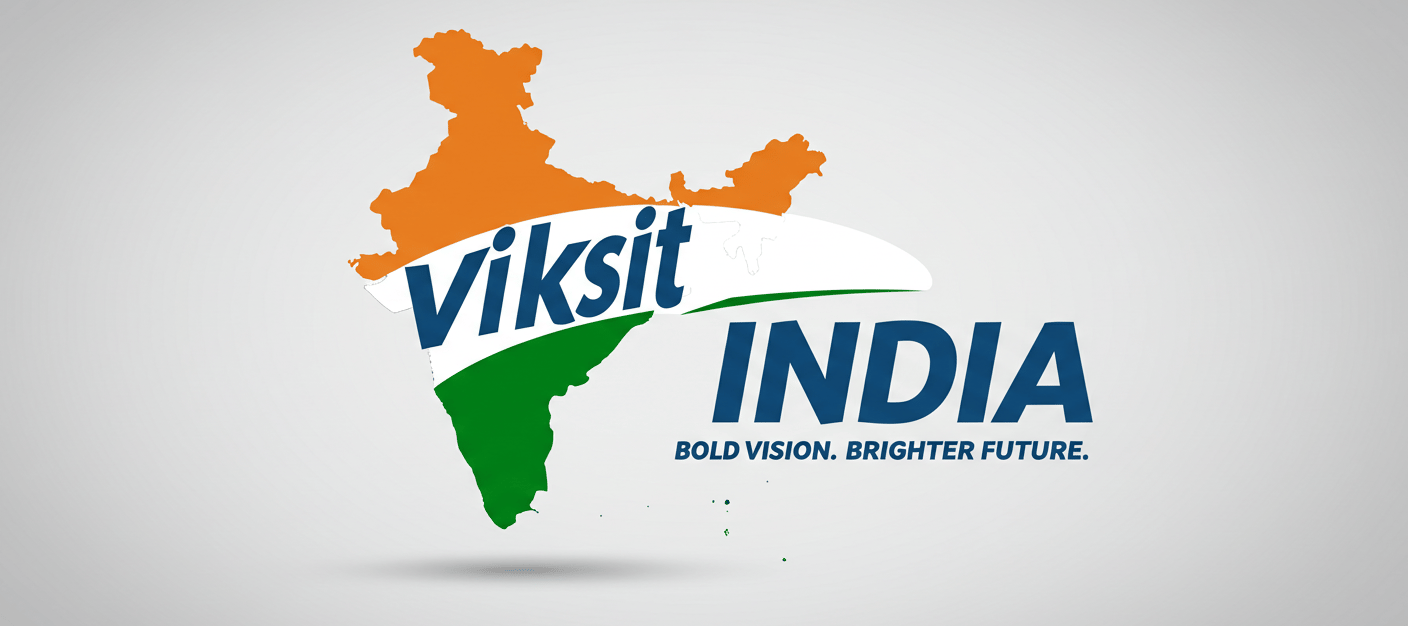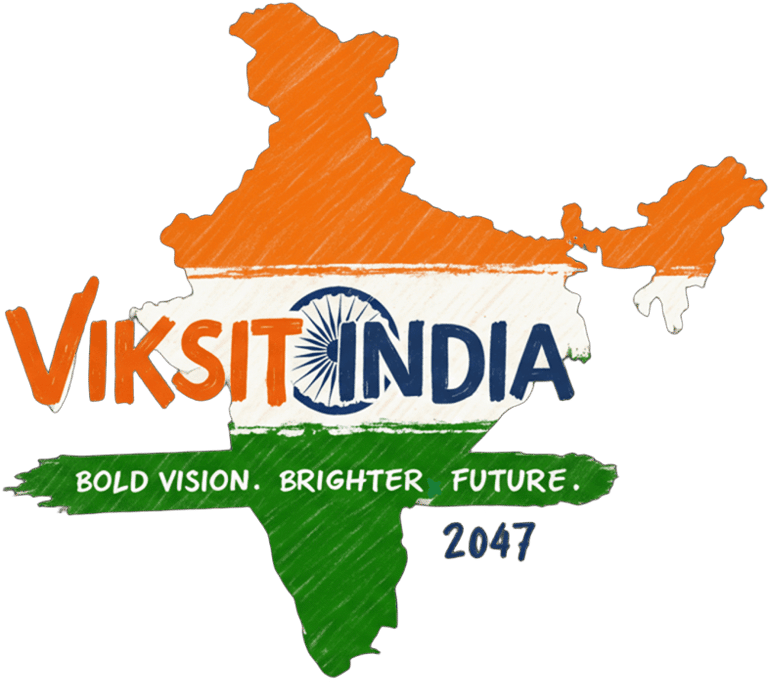Bold Vision Ahead
Empowering India through holistic development for a brighter, inclusive future by 2047.
Empowering India's Bold Vision


Title: Bold Vision Ahead
Empowering India through Holistic Development for a Brighter, Inclusive Future by 2047
Executive Summary
India’s journey toward becoming a developed nation by 2047—coinciding with 100 years of its independence—is powered by the bold national vision of Viksit Bharat@2047. The slogan “Bold Vision Ahead” captures the ambition, resilience, and commitment of India to pursue holistic development across every sector—economic, social, technological, environmental, and institutional—while ensuring inclusive growth and active citizen engagement. This report explores the pillars, opportunities, challenges, and policy landscape required to transform this vision into reality, creating a future-ready India that leads the world in innovation, equality, and sustainability.
1. Introduction: The Vision for 2047
India envisions becoming a developed nation by 2047, which means:
High per capita income and GDP growth
Universal access to quality education, healthcare, and housing
Advanced digital infrastructure and global innovation leadership
Social justice, equity, and environmental sustainability
“Empowering India's Bold Vision” is not just a government campaign; it’s a call to action for every citizen, industry, and institution to contribute meaningfully to this transformation.
2. Holistic Development: The 8 Core Pillars
Economic Transformation
Focus on manufacturing (Make in India 2.0), services, startups, and exports
Increasing per capita income to match high-income countries
Formalizing the economy and strengthening MSMEs
Digital Empowerment
Expanding the Digital India mission: AI, 5G, cloud, quantum computing
Universal access to internet and digital literacy
E-governance and data-driven public service delivery
Social Inclusion
Reducing disparities across gender, caste, rural-urban, and income
Empowering marginalized communities through targeted welfare
Promoting social justice, dignity, and participation
Education & Skill Development
Implementing NEP 2020 in full spirit
Future-ready skills in AI, coding, green tech, and entrepreneurship
Promoting vocational and digital education
Healthcare for All
Strengthening Ayushman Bharat, primary healthcare, and mental health
Reducing out-of-pocket health expenses
Focus on nutrition, sanitation, and preventive care
Infrastructure & Urban Growth
Modernizing transport, logistics, housing, and energy infrastructure
Smart cities, green buildings, and sustainable urban planning
Rural-urban connectivity and digital access
Sustainable Development & Energy
Transitioning to net-zero emissions by 2070
Accelerating solar, wind, and bioenergy projects
Promoting circular economy and green lifestyles
Governance & Citizen Participation
Strengthening democratic institutions and transparency
Grassroots participation through Jan Bhagidari (people’s movement)
Empowering youth, women, and local governance structures
3. The Role of Citizens in Nation Building
India’s transformation hinges on citizen participation. The vision calls for:
Youth innovation and entrepreneurship
Community-led sustainability efforts
Public-private partnerships
Volunteerism and civic engagement
Diaspora involvement in India's growth story
4. Opportunities & Strategic Levers
Demographic Dividend: India’s youth population is a major asset—over 65% under the age of 35.
Digital Leapfrogging: Strong base in IT and fintech enables rapid digital transformation.
Global Positioning: Strategic geo-economic location and global influence through G20, BRICS, and trade pacts.
Policy Frameworks: Support from missions like Atmanirbhar Bharat, Start-Up India, PM Gati Shakti, and Jal Jeevan Mission.
5. Challenges to Address
Income and regional inequality
Climate change and environmental degradation
Urban congestion and rural underdevelopment
Education quality and employment mismatch
Health infrastructure gaps
Political polarization and administrative bottlenecks
6. Recommendations for Action
Government
Continue bold policy reforms and long-term planning
Increase investments in research, education, and green infrastructure
Strengthen institutions for delivery, monitoring, and accountability
Citizens & Civil Society
Support initiatives with ideas, volunteer work, and innovations
Raise awareness and collaborate at the grassroots level
Practice sustainability, civic responsibility, and digital literacy
Businesses & Industry
Invest in innovation and sustainability
Generate quality jobs and upskill workforce
Engage in CSR with alignment to national goals
7. Conclusion: A Brighter, Inclusive Future
“Bold Vision. Brighter Future.” is more than a slogan—it is the defining roadmap for a Viksit Bharat by 2047. It encapsulates India’s determination to harness its vast human potential, cultural richness, and technological capabilities to emerge as a global beacon of inclusive, sustainable, and innovative development. By empowering its citizens and investing in people-centric growth, India can truly become a developed nation that offers prosperity, dignity, and opportunity to all.
